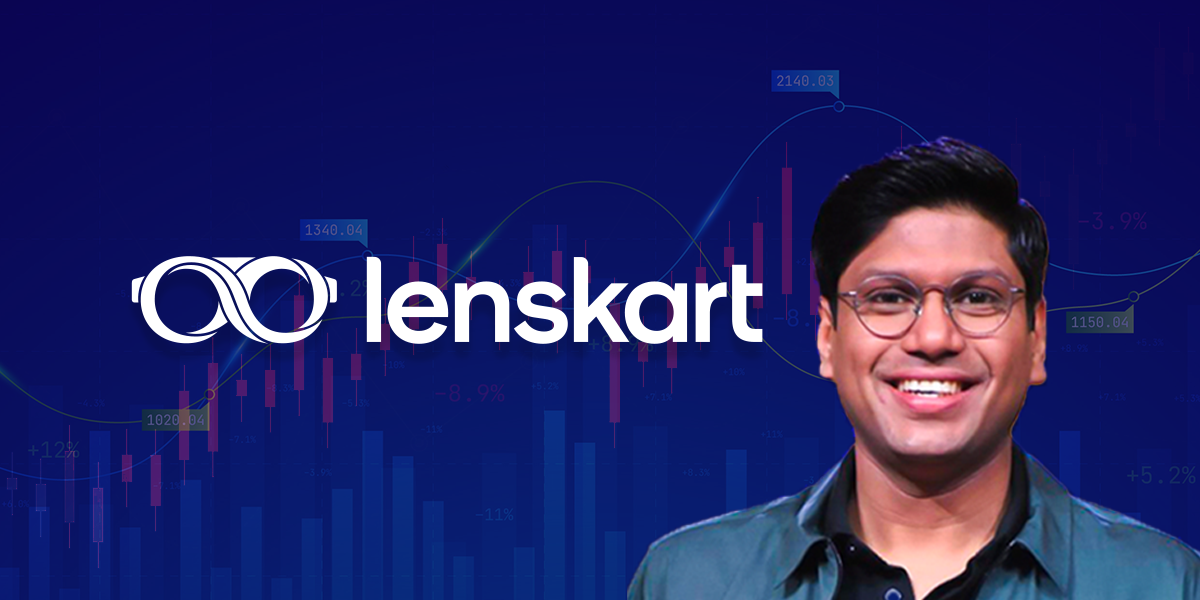Last year, the government notified the IT Rules, 2021, which allowed users to complain about content on OTT streaming platforms in India. The Rules required streaming services to facilitate appeals of their decisions, by joining a “Level II” body chaired by a retired judge. One of the bodies, which has Amazon Prime Video and Netflix as members, dismissed every single complaint it received, a review by Entrackr of disclosures made by the body found.
The Digital Publisher Content Grievances Council was set up by the Internet and Mobile Association of India, an industry body representing OTT services, social media companies, fintech firms, and other digital companies. The council’s grievance redressal board is chaired by retired Supreme Court justice Arjan Kumar Sikri. Its members include representatives from studios, civil society and from Amazon and Netflix. Its chairperson is MX Player CEO Karan Bedi.
From September 2021 to July 2022, the DPCGC dismissed every appeal it received from users who were unhappy with the outcome of complaints they had filed with a streaming service. A total of twelve complaints were dealt with until July. The council did not make public the details of individual complaints, and only made monthly statistics available.
Available reports seem to indicate that the volume of complaints at the bottom tier at the streaming service’s level is far higher than what gets appealed. For instance, SonyLIV reported receiving 246 complaints in August, even though it rejected all of them. Hotstar reported receiving 2 complaints in June, both of which were appealed, even though Hotstar said it took action on one of the complaints instead of dismissing it.
The DPCGC is a major node of complaints against streaming services. Its members include Netflix, Amazon Prime Video, AMC+, Apple TV+, BookMyShow Stream, Eros Now, Mubi, Lionsgate Play, Hoichoi, MX Player, Shemaroo, and Ullu.
Some of India’s biggest streaming services decided against being a part of the IAMAI (Internet and Mobile Association of India) body however; for instance, Disney+ Hotstar, SonyLIV, ZEE5, and instead joined the Indian Broadcasting Foundation’s Digital Media Content Regulatory Council. The DMCRC’s website is inactive. The IBF was unreachable for comment; Entrackr has reached out to the council’s chair for details on decisions it has taken, and to the government to obtain copies of their disclosures.
By itself, the fact that streaming services are not having any content removed due to complaints is not indicative of them enjoying more freedom of expression. In fact, complaints may have either been reduced by the fact that they have possibly focused on producing content less likely to touch religious and political fault lines. The low number of appeals the DPCGC received — just twelve in ten months — seems to indicate this.
Another possibility is that streaming services are acting on content that angers viewers before it even gets to the appeal stage. While the IT Rules require streaming services to publish a report of the content they receive complaints on — and the number of complaints they act on — an Entrackr review found that some OTT platforms are not publishing these reports, discontinued the practice, or only have outdated reports on their website.
Aman Taneja, a Principal Associate at Ikigai Law, told Entrackr that it may not even be required for the tier 2 appeals bodies like the DPCGC to function right now, as the Bombay High Court stayed parts of the IT Rules that had this requirement pending further hearings. That case is now pending before the Supreme Court, which has transferred most IT Rules-related petitions to be heard before it.
The number of appeals received by the DPCGC is low, however; even though few international precedents exist for the kind of consumer complaint system that the IT Rules have mandated in India, the effort required to make complaints and appeals is not very high, as most complaints only require minimal details from users on the content they’re complaining against.
Taneja added that the low number of appeals before the DPCGC may also be due to low public awareness of the IT Rules’ provisions on complaining about content. A review by Entrackr may back this theory; the Ministry of Electronics and Information Technology set up an institutional framework to send complaints to individual ministries if they find objectionable content online. In dozens of RTI responses we received from those ministries, none has said that it received a single complaint as a part of that framework.
In other words, it would seem the OTT industry has discovered true ease of doing business, the Indian way. By muddying the waters around complaints and resolutions so much for complainants that business can pretty much go on as usual nevertheless.














